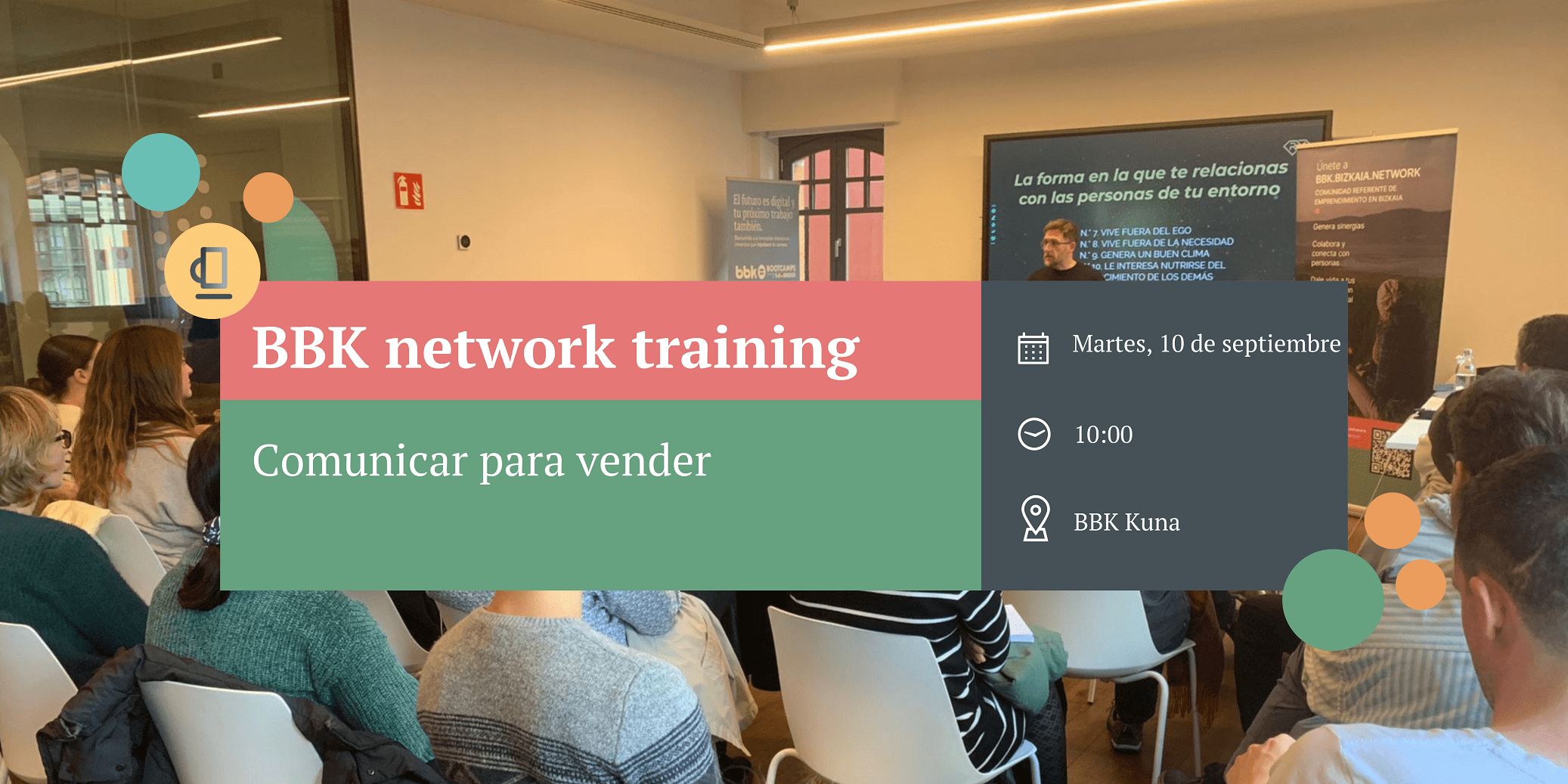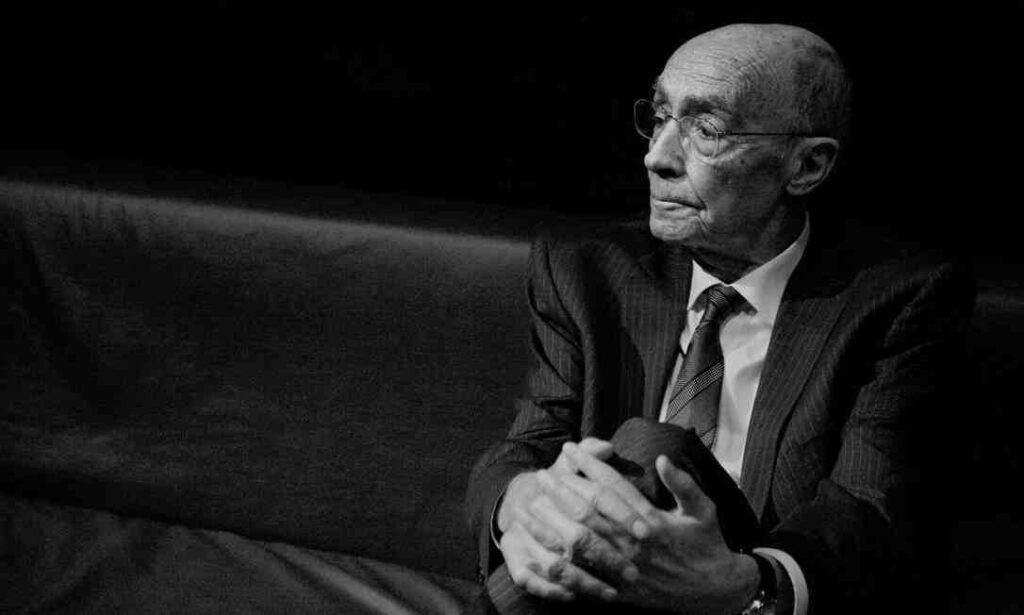
BBK network training: Communicating to sell
BBK network is the main network of talent and impact entrepreneurship in Bizkaia. Join us and develop your skills!

The year 2022 marks the 100th anniversary of José Saramago's birth, which gives us the opportunity to reflect on his work and to raise awareness of this part of his legacy and its enormous potential for social transformation.

Motivation, objectives,…
“…So, ordinary citizens, let us take the floor and take the initiative. With the same vehemence and the same force with which we claim our rights, let us also claim the duty of our duties. Perhaps the world can begin to be a little better…”, said José Saramago in one of his speeches in Stockholm, when he was awarded the Nobel Prize for Literature in 1998.
As a consequence of this call to citizenship, and after years of work, in 2018 the document “UNIVERSAL CHARTER OF THE DUTIES AND OBLIGATIONS OF HUMAN BEINGS” was presented to different UN Commissions and handed over to its Secretary General, António Guterres.
The year 2022 marks the 100th anniversary of José Saramago’s birth, which gives us the opportunity to reflect on his work and make known this part of his legacy and its enormous potential for social transformation.
To mark the occasion, a round table discussion will be held on 31 March in the KUNA building with experts, some of them from his closest environment, who will share their reflections with all the citizens who come to participate.
Saramago’s appeal was made to ordinary citizens, but it was taken up by universities and various institutions and citizens joined in. Likewise, the day of 31 March will be an opportunity for organised citizenship and in general, universities and research centres, public administration and business, to get to know and adhere to the “Universal Charter of the Duties and Obligations of Human Beings”.
Participants at the round table:
– Pilar del Rio
– Federico Mayor Zaragoza
– Antonio Novoa
– Nora Sarasola
– Eider Inunciaga
– Daniel Innerarity